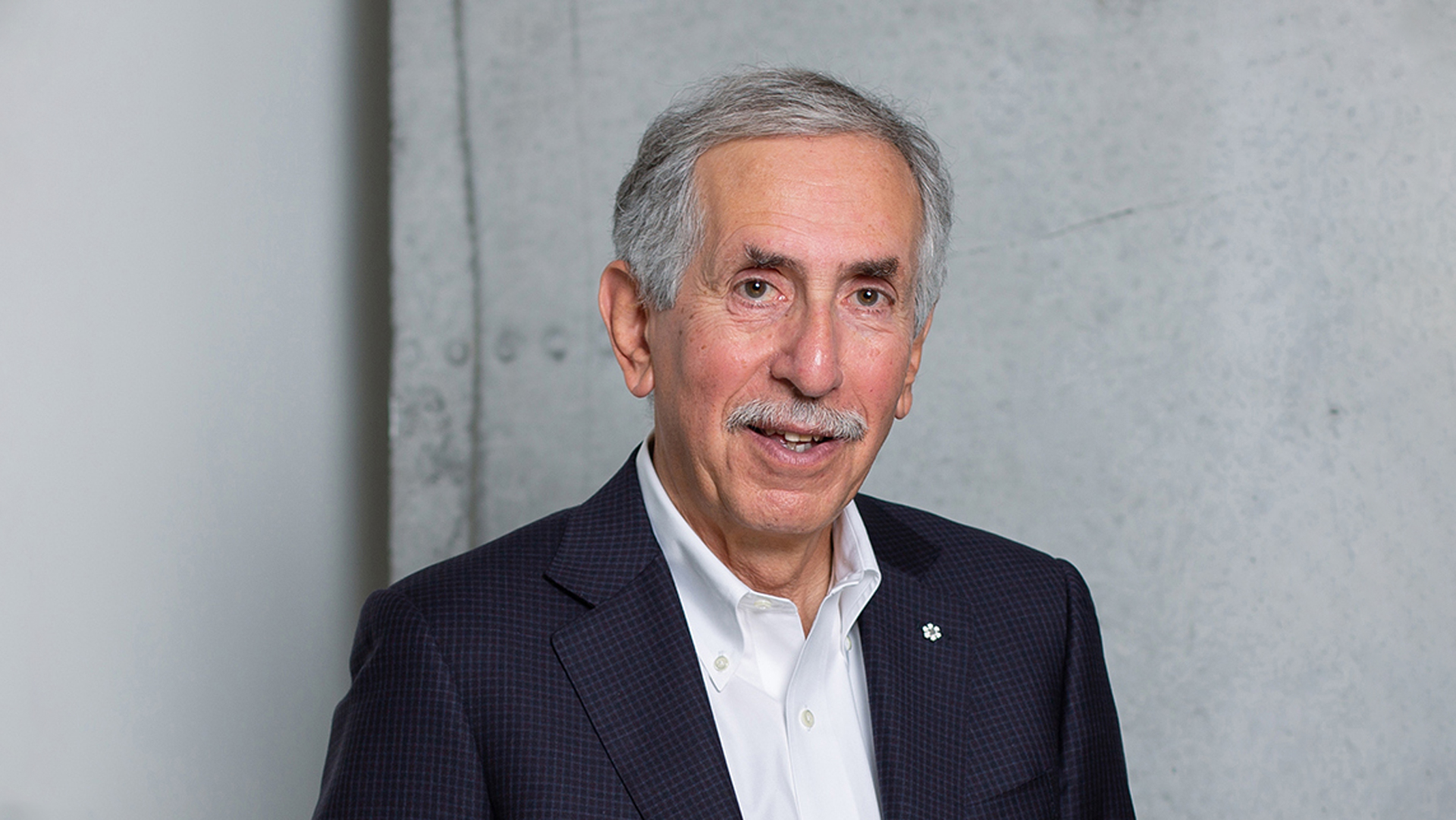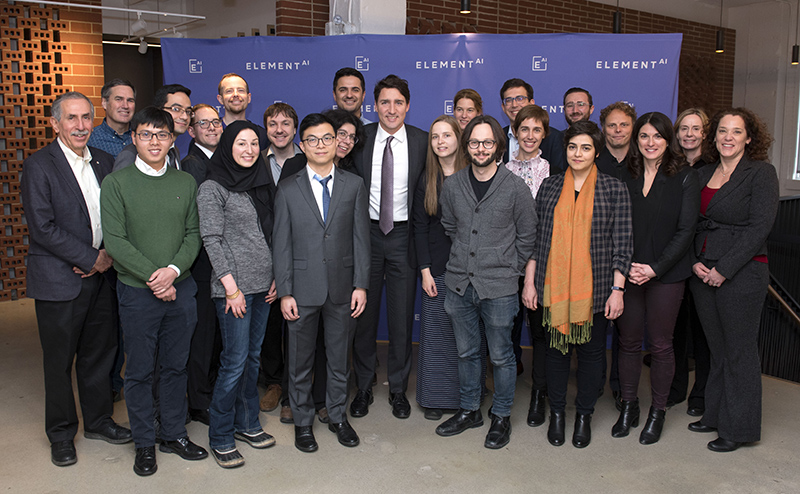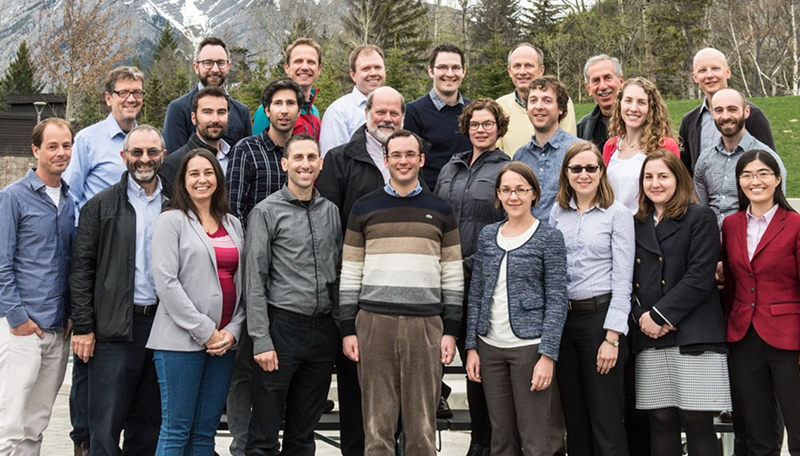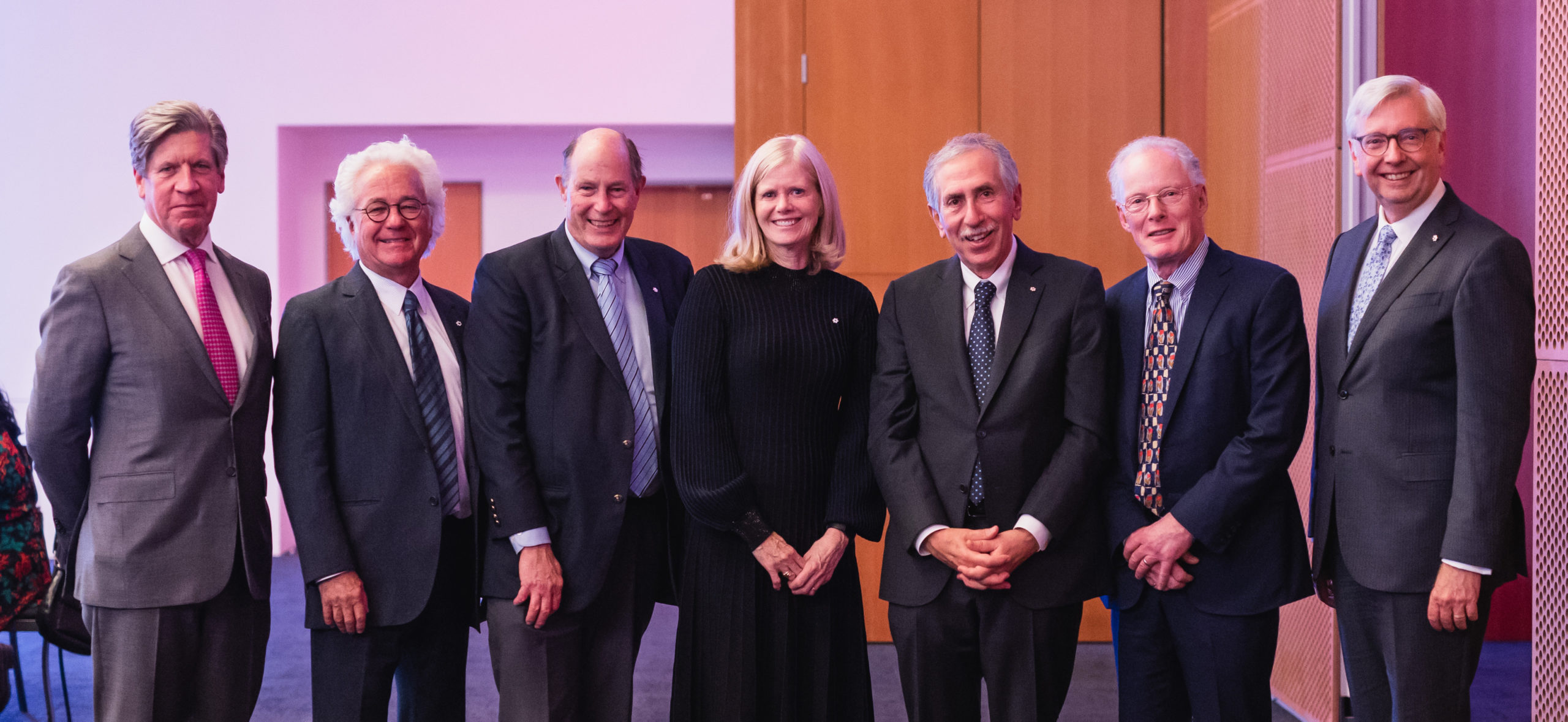By: Alan Bernstein
31 Oct, 2022

The world today bears little or no resemblance to the world when I became president in May, 2012. The advances in research over the past decade have been truly remarkable. Indeed, there has never been a more exciting time to be doing science and scholarly research. From the discovery of gravitational waves and the Higgs boson, to dramatic new insights into the origins of the human species, to the new insights and impact that the social sciences and humanities are having on society and public policy, we are truly living in a time of wonder.
At the same time, the world is going through the most troubling period of my lifetime. The simultaneous emergence and convergence of very serious and distinct world events, indeed existential crisis, has created a period of profound anxiety and unrest. Ten years ago, who would have predicted that the fragile bonds of democracy would be threatened by the rise of populism and misinformation in the United States and indeed even in normally peaceful Canada; that Russia would have invaded Ukraine; that a new virus would emerge that posed an existential threat to humanity; and that climate disasters because of climate change would become an almost daily event somewhere in the world.
Despite this dark situation, I am encouraged by the power of science and scholarship to understand and to solve seemingly intractable, urgent problems. The RNA vaccines against COVID-19 are a dramatic example of science at its best: it wasn’t just great science from the past 20 years that has saved hundreds of millions of lives over the past almost 2 years. It was great science combined with global collaboration, openness, and working together in the face of this global emergency.
But the COVID vaccine story is not just science at its best. It is humanity at its best. Several nights ago, I attended this year’s Gairdner International Awards Gala and had the good fortune to hear three of this year’s winners — a Canadian, an American and a Hungarian — describe how three separate strands of science brought them together to collaborate and develop RNA vaccines at blistering speed.
There are important lessons in the vaccine story for our political leaders: just imagine if world leaders had collaborated as effectively as these scientists did? What would the course of the pandemic have been?

The current situation in both science and in the world also highlights for me the importance of CIFAR and the prescience that the original founders of CIFAR had 40 years ago. Their idea, which we have stayed true to all these years, is simple and powerful: Over many years, we have honed several key ingredients that together serve as a powerful way of creating global communities of some of the world’s best scientists and scholars to address complex, high-risk questions that are of central importance to advancing knowledge and to society. That “secret sauce,” as a CIFAR board member puts it, is a mélange of seemingly unrelated factors which together create the right atmosphere and culture to encourage openness, sharing, risk-taking and collaboration. That it is successful is evident from the important advances that CIFAR is rightly known for: the importance of the early years in brain development, the socioeconomic determinants of health, deep learning, the SnowBall Earth Hypothesis, the CHIME telescope, the early work in quantum information science and quantum materials, the place of the Archaebacteria in evolution, and so on.
During my time at CIFAR, we have started three major new programs including the CIFAR Azrieli Global Scholars program for young scientists, the Global Call for Ideas to solicit ideas for new programs at CIFAR, and the CIFAR Pan Canadian AI Strategy. These new programs have remained true and strengthened CIFAR’s original vision and values.

I am also optimistic about the future because of the remarkable energy, enthusiasm, and intelligence of young people today. For example, CIFAR’s Azrieli Global Scholars are a remarkable group of early-career researchers embarking on careers as independent investigators. From day 1, CIFAR staff developed a brilliant way of screening applicants for those truly exceptional individuals who combine outstanding research ability with leadership potential. The result has been that, over the seven years of the program, there is now a wonderful cadre of alumni from virtually every continent on the planet, who have benefitted from this program, thanks to the generosity of the Azrieli Foundation.
I owe a special thanks to the CIFAR staff. They are a remarkably talented, intelligent, and committed group of people who work almost entirely behind the scenes. They have made my job look easy and for that I am very grateful.

In closing, I would like to acknowledge and thank all the people I have worked with for the past 10 plus years. From CIFAR’s Board of Directors of talented individuals from all walks of life, to the 400-plus fellows, scholars, advisors and AI Chairs from 23 countries and over 120 institutions, to our donors and partners, to the great people who work at CIFAR, it’s been a great privilege. Thank you.
Alan Bernstein, O.C., PhD, FRSC, CAHS,
President and CEO
CIFAR
Header image credit: V. Tony Hauser.